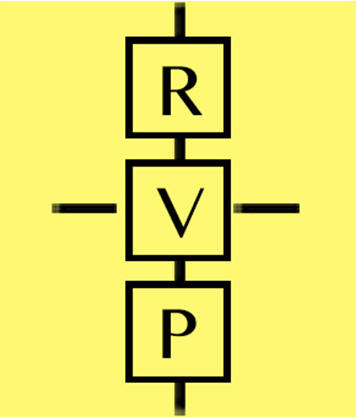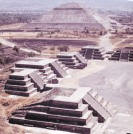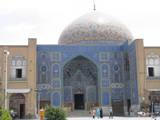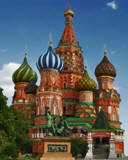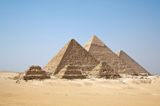|
AN INVITATION
THE ANNUAL SEMINAR
Symbols in
Cultures and Identities
in a Time of
Global Interaction
September
15-November 10, 2005
Washington, D.C.
Challenge
Due to national transitions, global communication and
global interaction, peoples, nations and local
communities now feel their cultural identity to be
threatened and at risk. It is broadly and
inevitably a time of cultural transition; for some it is
even one of multicultural belonging. Lest identity and
values be lost rather than opened to interaction and
enriched, it is important to take note of what is
happening to cultures, and to understand more deeply
their components.
Symbolic expression is key to the specifically human, to
personal identity, and to particular cultural
identities. Cultures may be considered as networks of
signification and figure central geopolitical. They hold
the keys to the way people interpret and react to the
world around them; they are central in most definitions
of civilizations, which in turn are founded on the great
religions.
This seminar proposes to study the role of the symbolic
in establishing cultural identities and values, their
ideological manipulation, and their key role in
negotiating transitions. This includes ethnic and
national symbols, rites, expressions of the aesthetic,
folk expressions, the prevailing forms of communication
and religious symbolism.
Methods and instruments of study include the history of
symbolic forms in a culture, semiotic and semantic
analysis, philosophies of the symbolic, ritual studies,
cultural criticism and social criticism. All focus on
image and symbol, and on the process of symbolization.
Studies of communication and its forms, the relation
between ideological regimes and the arts, and studies on
religious symbolism in both its official and its popular
forms must also be taken into account.
In brief, in order to negotiate the changes deep within
us and the complex interactions between the cultures in
these newly global times, we need to bring to bear all
available scholarly means to understand the role of the
symbolic in the development, transformation and
interchange of cultures. This will be the goal of the
present investigation.
Response
For
this a seminar is projected with the following
characteristics.
- Size:
restricted to under 20 scholars, in order to facilitate
intensive interchange around a single table;
- Inter-disciplinary:
in order to draw upon the contemporary capabilities of
the various humanities and sciences and to penetrate
deeply into the philosophical roots and religious
meaning of cultures;
- Inter-cultural: to
benefit from the experiences and commitments of the
various cultural communities from all parts of the
world, to discover their particular problems in our day,
and especially to envisage new and creative responses;
- Focused: a
single integrating theme, in order to encourage a
convergence of insights;
- Duration:
10 weeks, in order to allow the issues to mature, the
participants to establish a growing degree of mutual
comprehension, and new insight to emerge;
- Intensive:
analyzing in detail the papers planned in common and
written by each of the participants during the seminar;
and
- Publication:
the resulting volumes, consisting of chapters written by
the individual seminar participants, intensively
discussed in the seminar and then redrafted, will
reflect concretely the work of the seminar and share it
with those working in the various cultural communities
in facing the problems of contemporary life.
Organization
- Sponsor:
The Council for Research in Values and Philosophy (RVP),
and The Center for the Study of Culture and Values
(CSCV) of the Catholic University of America (CUA).
- Participants
in each seminar: 10 philosophers from the various
continents, with additional professors from various
disciplines in the universities and institutes of the
Washington area. The visiting scholars from other
countries will be welcome to join in seminars and
courses at CUA, where they will be designated Visiting
Research Professors. They will have the use of the
research facilities of the Library of Congress and of
the universities and institutes of the Washington area.
Thus, the period of the seminar should constitute
effectively a hard working mini-sabbatical.
- Schedule:
The seminar will meet on Tuesdays 9.00 a.m. - 12.00 noon
for discussion by the visiting scholars of key
contemporary texts related to the evolution of the theme
of the seminar; and on Thursdays, 3:00-5:00 p.m. for
presentation by the participants of the drafts of their
chapters as a basis for intensive critical and
exploratory discussion by the group.
- Costs:
Successful applicants will be granted an RVP Research
Fellowship which covers all fees for the seminar itself
including simple room and board, but not travel and
health insurance.
- How
to apply: By a letter of application before March
30, together with a curriculum vitae and bibliography,
providing details of the importance of the seminar to
the applicants overall work and the achievement of his
or her specific goals.
|

